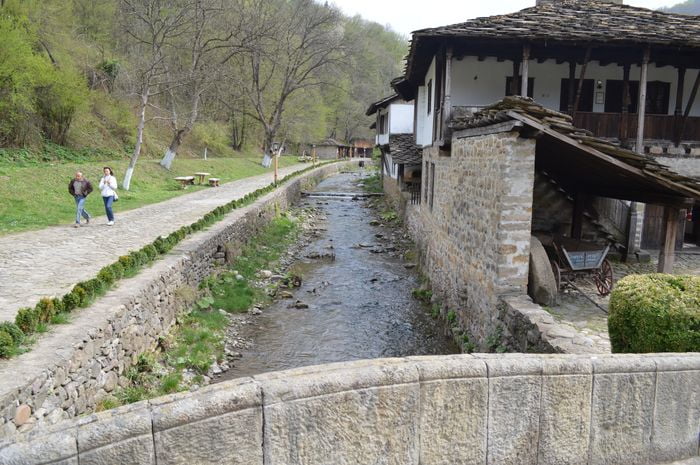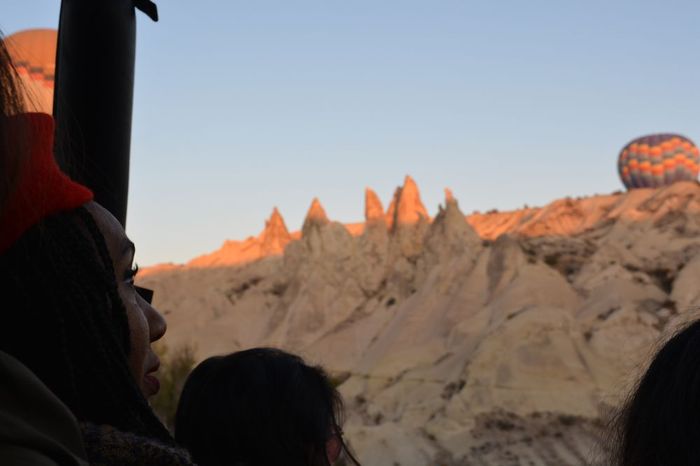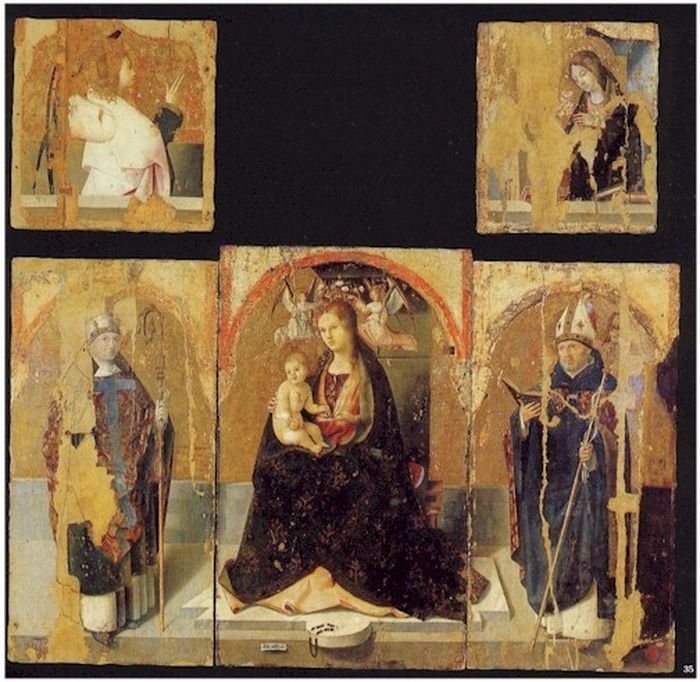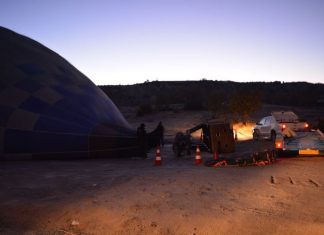Emerging from the tyranny of the Ottoman Empire, the Bulgarians rejoiced in their new freedom and protected it in battles and wars. They lived through the turmoil of their new history and knew that what is unjust for one nation cannot be fair for another. A Constituent Assembly was convened on 10 February 1879 in the old metropolis of Veliko Tamovo. It sent the Great Powers a memoir containing an earnest request: `The Bulgarian people has never wanted and does not now want extensive territories and others properties.
It wanted and wants to exist in conditions in which it can live peacefully and develop unrestrictedly, without infringing the rights of anyone. What we request of educated j Europe is to make sure that all those who casual citizens of the Bulgarian Principal It is enough to rainout the fact that the c tral building of Sofia University (188S) elected with the milhoos of gold Leva of the brothers Eiogi and Hristo Geonpev eahhv citizens also supported hundred; as ums and poor houses.
The Jews in Bulgaria worked freelance, owned hanks and pursued political careers. The Armenians practised their traditional crafts of goldsmiths and watchmakers and were involved in arts. Jews and Armenians shed their blood along with the Bulgarians on the battlefields of the wars for national liberation and union.
Jesus Christ
Now. more than two millennia after the birth of Jesus Christ, the Bulgarian civilization is a synonym of tolerance, mutual respect and loyalty. These values were recognised as early as the oral period of Bulgarian culture but they also passed into the literary one when die great work of Sts. Cyril and Methodius and their disciples redefined the heritage of pre-Christian Antiquity in Bulgaria at the time of Kan (Knyaz) Boris I (852-889). The world and the human genius were mutually related in the supra-national Old Bulgarian literature. A great idea of the Universe and humankind is ensconced in it. That is typical of the Golden Age of Bulgarian literature and art of the time of the reign of Simeon I the Great (893—927). It is the idea of self-purification and self-reproduction of the Universe due to its equilibrium viewed by the noble human spirit.
Respect for freedom, honour and reputation of everyone irrespective of gender, social, ethnic or religious description – this is the cornerstone of the Bulgarian ethnic- cultural model. The Muslim, Ibn Fadlan, was amazed by the chastity of Volga Bulgarians. The traveller, Al-Masudi, did not understand why, at the wedding, the bride gets a dowry because he did not know the equal treatment and and fair division of property ownership between the male and female siblings of the family. For the Bulgarians in Italy, the care of the widowed mother passes into the hands of the son after the death of the husband. Continuing to live there, the mother has full rights over the property inherited by her son. This care for the widowed mother (which is at the root of Bulgarian common law) is described by juridical practice in Italy as “Bulgarian property law”.
Read More about The Cavalier of Toledo part 4








